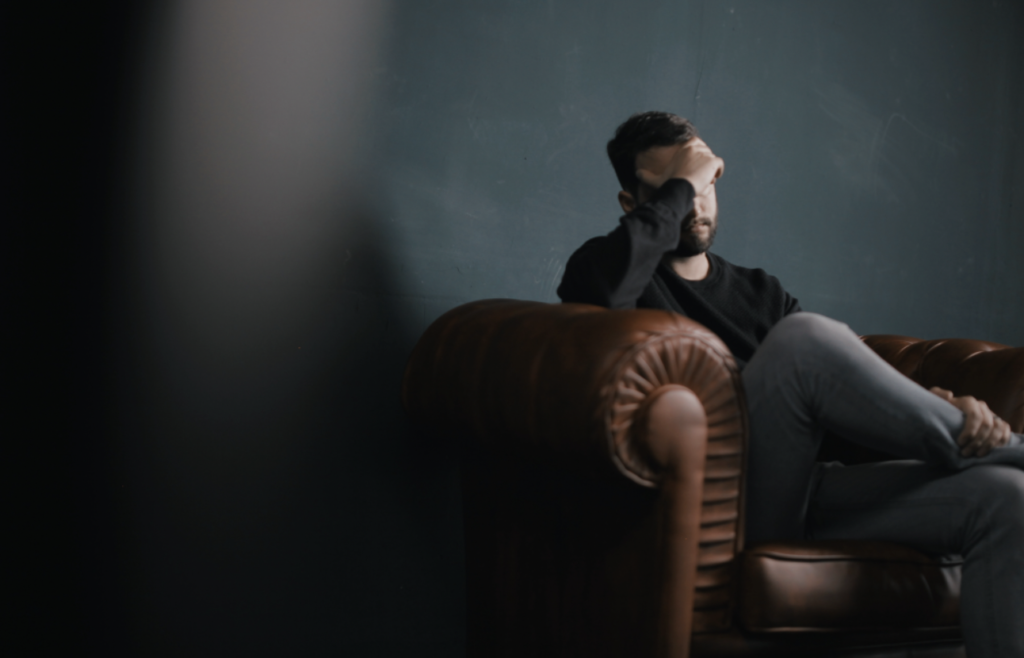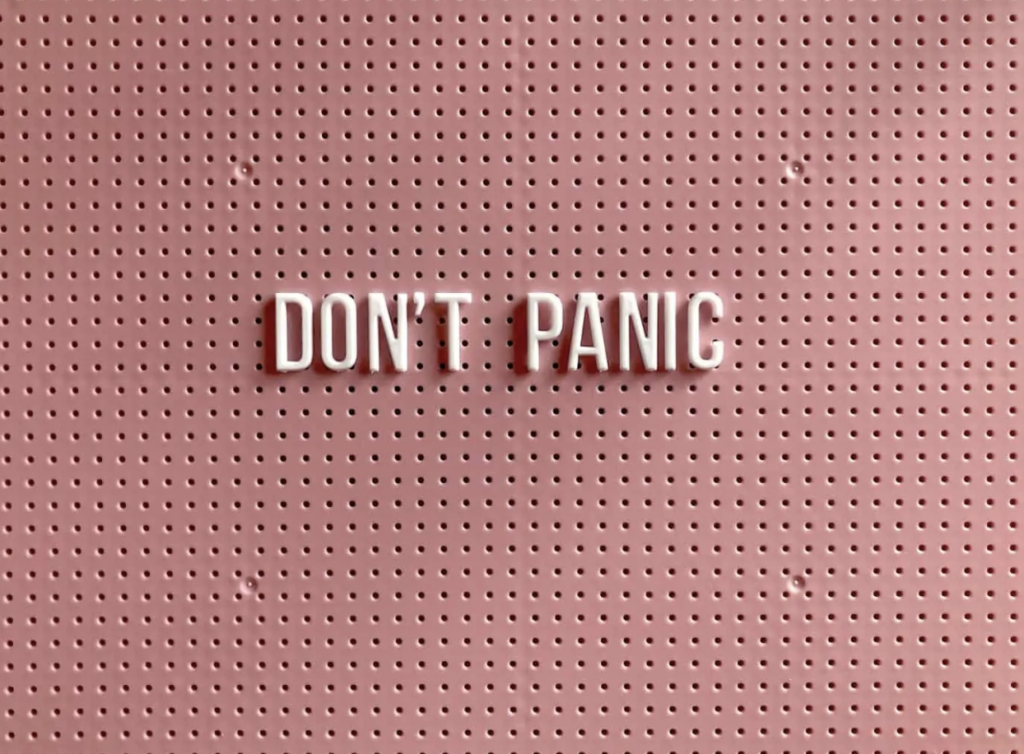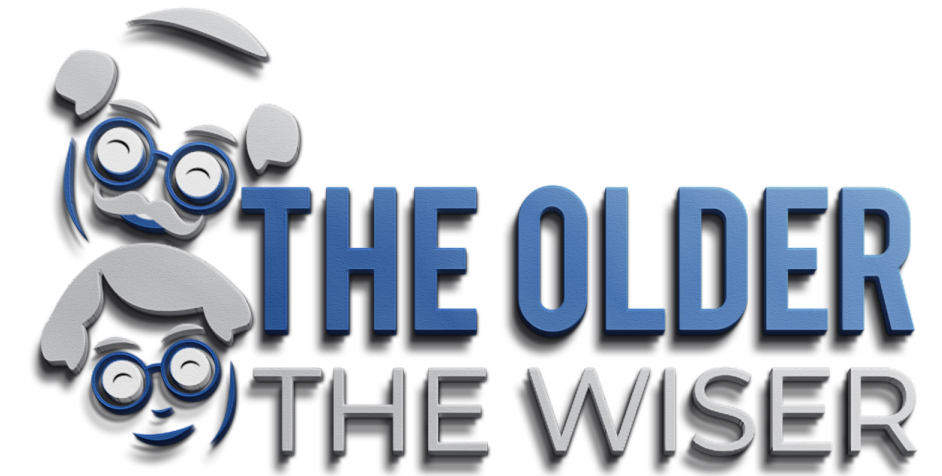WHAT SUGGESTIONS WOULD YOU MAKE?
What would you say to someone who thinks they might be suffering from anxiety?
Anxiety is a common emotion that everyone goes through at some point in their lives. It can be brought on by a number of factors, including stress, concern, or even exhilaration.
While anxiety is a natural emotion, it can become a problem when it begins to interfere with your regular activities.
If you think you might be suffering from anxiety, the following advice from our experts may be helpful.
What should I do if I think I’m suffering from anxiety?

WHAT SHOULD I DO IF I THINK I’M ANXIOUS?
List Of Best 11 Tips If You Are Experiencing Anxiety
Tip 1/ Meredith Arthur- Bevoya
I’d suggest inquiring about one’s sleep and/or bodily issues with a family.
If you notice that your relative need a few drinks to fall asleep or suffers from severe back and neck ache, this could be clear and objective proof of anxiety.
Not everyone lives in pain. It is critical that you assist your relative in realizing this.
Tip 2/ Anxiety UK – Chris V34
Who is the typical sufferer of anxiety?
Tip 3/ Roland Bal – Blog
Anxiety is often a byproduct of suppressed anger.
Read More Here.
Tip 4/ Karen Cassiday, Anxiety Treatment Center – Amazon Book
Recognize when your body is sending you a signal that isn’t true.
You don’t have to give in to your want to flee.
Instead, you may manage your breathing by slowing and gently breathing, pausing to allow yourself to reset, and refusing to let fear rule your choices.
Tip 5/ Kate Cogs – Anxiety Cycle
Don’t fight it or try to fix or get rid of it — you won’t be able to (at least not yet), and the more you struggle, the more it will cling to you.
Anxiety is not a permanent condition, and you will be able to heal if you give it time.
Because of stress or trauma, your body has become temporarily hypersensitive. You’ll find yourself over-thinking and over-feeling everything, which can be frightening.
Read Dr Claire Weekes’, Paul David’s, and Shaan Kassam’s works on anxiety, The Acceptance Method. It will assist you in seeing anxiety in a new light.
Tip 6/ Jay Boll – Rtor
Finding your anxiety baseline and identifying your triggers are the best things you can do to address the problem at its source.
To determine your baseline, you must endeavor to remove or lessen anxiety-inducing habits and behaviors.
Reduce your intake of alcohol, caffeine, and other substances, for example. Stay physically active and eat well-balanced, nutritional meals.
If your anxiety improves as a result of these modifications, you’ve discovered a possible cause and will be more equipped to deal with it.
If you still have anxiety after changing these behaviors, it may be helpful to consider external causes that may be causing it. Such as huge groups, social situations, work or school-related stress.
It could simply be something as simple as driving in traffic that makes you anxious.
Understanding your anxiety triggers might assist you in beginning to manage your anxiety or seeking specific assistance from a mental health expert.
Tip 7/ Georgina Ryan – Podcast
First and foremost, understand that anxiety will not kill you.
When we are nervous, the fear-adrenaline-response-fear loop is activated.
While fear might be dangerous, you don’t have to run away from it; instead, connect with your emotions.
Accepting these sensations without adding to the hormonal cascade set off by frightened thoughts will help you stay out of the chronic anxiety cycle.
Tip 8/ Jessi Elder – Jessie’s Blog
If someone approached me seeking advice on how to cope better with anxiety, I would first validate their feelings.
Anxiety is a common human feeling, and we should attempt to accept it when it comes our way. Treat your anxiety as if it were a buddy trying to teach you something.
This teaches our brain not to react to anxiousness with even more unpleasant feelings.
Locate the source of your anxiety once you’ve validated and accepted your feelings.
Consider eliminating something in your life that is holding you down if it is something you have control over.
It’s true that sometimes little is more!
Ground yourself in the present moment by paying attention to your five senses if your worry is mostly negative “what if?” inquiries.
What do you see, hear, taste, smell, or feel while you’re alone? Nature, I’ve discovered, is the finest place to be conscious.
Tip 9/ Bill White, M.Sc. – Chipur
You could be correct. But don’t jump to any conclusions just yet; instead, focus on the process of discovery.
And, no matter where you go, never underestimate the power of misperception, overreaction, acceptance, and hope.
You’re going to be fine.
Tip 10/ David A Russ, PhD – Child Anxiety Program – Emetophobia for Kids Book
Avoiding circumstances, people, and places where this individual would ordinarily enjoy or participate.
A reduction in typical activities and sensations that can be explained in ways that don’t make sense after a while.
Anxiety is a dictator who gradually takes over a person’s life.
The second factor is an increase in requests for information or assurances regarding a situation’s safety.

Tip 11/ Dr. Friedemann Instagram and YouTube – www.DrFriedemann.com
We need to change our perspectives and our mind on anxiety.
Rather than labeling this emotion as ‘the enemy’ or a mental flaw, disorder, or a life-long burden. We need to start seeing anxiety in new and more empowering ways.
For me, anxiety was a catalyst to revisit and replace old memories. Limiting patterns and beliefs, and thus becoming a more empowered and purposeful self.
Without the anxiety “waking me up” to who I truly am. And what I am here to share, my life would be much less meaningful and fulfilling.
I have spent 20 years helping my clients overcome their anxiety. I find that instead of being afraid of anxiety, we want to embrace it as an opportunity for healing, growth and empowerment.
Here are some of the ways I introduced anxiety to my clients:
- Your anxiety is not done to you but created by you: Believe it or not, that’s good news because accepting that you create your anxiety reminds you of your ability to un-create this emotion.
You have the most powerful tool at your disposal—your mind. After all, it was your mind that created your anxiety in the first place.
And with the right guidance and tools, your mind can resolve the root causes of your old anxiety patterns and replace them with new, self-empowering perspectives and beliefs.
2. Your anxiety cares about you: Consider how overwhelmed and debilitated anxiety can make feel. It is difficult to imagine that this emotion serves a positive purpose.
The fact is that anxiety is created by the protective aspect of your subconscious mind. It usually originates in your childhood when you were the most vulnerable and powerless.
Like an overzealous bodyguard – or super-nanny – this inner protector uses anxiety to warn you. From anything that can potentially cause you to get hurt, rejected, or abandoned.
The problem is that while you have grown into a self-reliant adult, your inner protector still uses the same anxiety warning system that used to keep you safe.
Why? That’s the next key.
3. Your inner protector needs an update: During your early years, the protective aspect of your mind worked tirelessly to find answers to three crucial questions: 1. Who do I need to be, and what do I need to do to be safe?
a. How can I avoid getting rejected?
b. How do I get to love and attention?
Depending on your circumstances, this inner protector may have figured out that you need to be quiet. Invisible to not get in harm’s way.
Or that you need to please others or be an over-achiever to not get rejected. Or that it is better to accept that you won’t get love and approval rather than being continuously disappointed.
Based on its observations and interpretations, this part of your mind established core beliefs. Such as railings on a walkway, are supposed to secure your journey through life.
Beliefs such as ‘I am not safe,’ ‘I don’t belong,’ ‘I am not good enough‘ or ‘I don’t deserve to be loved or to be happy,’ may have served you, when you were small. As an adult they became obstacles – and major roots of your anxiety.
Outgrowing your anxiety means identifying and replacing the self-limiting core beliefs that made you see yourself and the world still through the prism of your childhood.
4. Anxiety is not your identity: Like most, your anxiety may have been initially triggered by various topics. Such as not feeling good enough, change, potential loss of control or not feeling safe in the world.
The problem is that once you have been anxious for some time or even had a panic attack, the chances are that the second form of anxiety emerges. Which is the anxiety of feeling anxious again.
This is when you wake up in the morning, already worrying. Whether you have to deal once again with your heart pounding, your chest tightening up, or your mind spinning.
Eventually, you become so consumed with constantly analyzing the anxiety levels that you identify with this emotion. Anxiety becomes your emotional default setting, and you forget that you have many other feelings at your disposal.
Like your physical body needs stretching when it has become rigid and tight, make your mind expand into more positive emotions. Such as gratitude, hope, optimism, and compassion.
For this, think about times in your life when you felt positive, peaceful, grateful or even happy.
Go back in memory lane and remember what you saw, heard, smelled, tasted, and sensed during these times.
Tap into these pleasant feelings stored in your mind, and thus gently shift your mind’s focus away from what you want to avoid, being anxious. Instead, shift it towards what you want to experience instead.
Read More About Anxiety And Treatment Tips For Panic Attacks.
Read More About: Is Medical Marijuana and Nectar Collectors Beneficial to Seniors?


